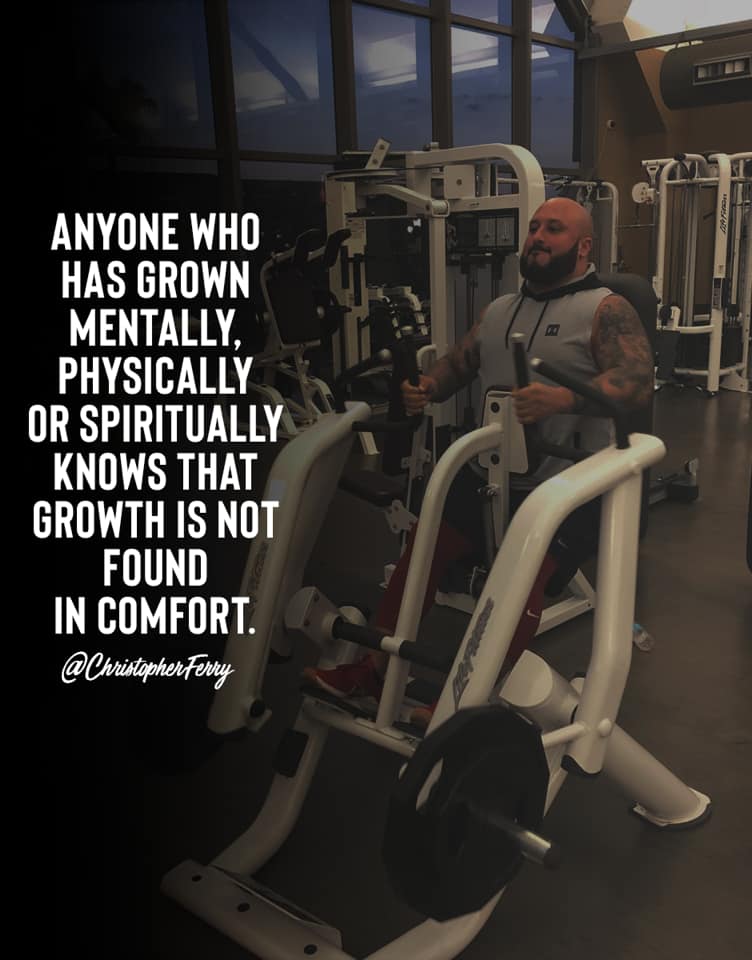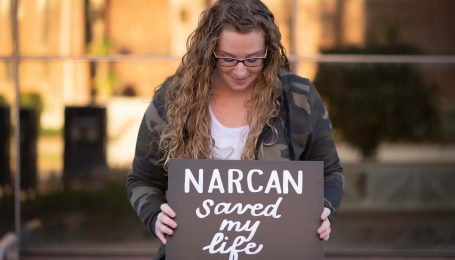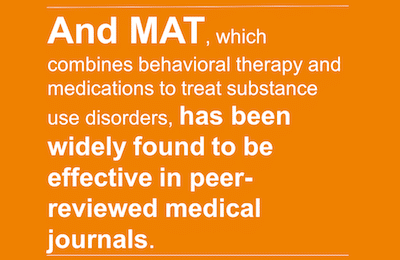Drug addiction is defined as a chronic condition affecting the brain. Currently, drug addiction is affecting the lives on approximately 22.7 million Americans but sadly, only 1% of this population receive the help they need to leave addiction behind and enjoy a healthy life. Understanding how addiction takes hold is an extremely important part in overcoming addiction. It will most likely be very difficult to overcome this condition on your own and you will need to seek the help of professionals and attend rehab. I will share some of the things that were extremely helpful to me when overcoming addiction. However, before we can get to overcoming addiction, it is important to understand how addiction starts and how it occurs in the brain. Even though addiction is unique to the individual and defers from one person to another due to a number of factors, the underlying process of how addiction takes hold in the brain is essentially the same.
With research conducted for a period of more than 30 years, the National Institute of Drug Abuse defines addiction as a complex brain disease. It is a condition in which the seeking and using drugs follow compulsive cravings. This condition most likely starts during childhood or adolescence when someone begins to experiment with drugs and if not treated properly, can last a lifetime. Because of this reason, drug addiction also falls under the category of developmental diseases. Addiction will take place in the brain and since the brain is a vital organ when it comes to most of the bodily functions and cognitive functions such as emotion, thoughts, and drives, it can have very dire consequences. When we engage in activities that provide us with some form of pleasure such as eating and procreation, the brain has a rewarding mechanism, which ensures our survival. Drugs exploit this rewarding mechanism. Activities such as eating and procreation are necessary for life, unlike drugs. Even though drugs are not a necessity for survival, addiction replaces the major necessities in life with the urge to seek and use drugs. Dopamine is a neurochemical that is responsible for the rewarding sensation that we get when engaging in pleasurable activities. This neurochemical can motivate behavior. When you abuse drugs, the dopamine released will increase exponentially and it can drown out your desires for the day-to-day activities that are essential for your existence such as eating. This increased surge of dopamine is also known as a dopamine rush. When drugs are abused repeatedly, the rewards from essential activities will be so dulled down that normal priorities will be replaced with the urge to seek and use drugs.
Dopamine is also released following a workout. This dopamine is what is responsible for the sense of happiness you feel after your workout. When I was recovering, I made it a habit to exercise as a way of taking my mind off drugs and help me cope with the situation. This was my main motivation and what I believe was key to my recovery. I relied on workouts to get me through the hardest of times. Looking back at my addiction with the knowledge I now have on how addiction affects the brain, I believe that the dopamine released after workouts helped counter the need for elevated dopamine rushes as I was progressing through recovery. I am now successfully recovered and enjoying a happier and healthier life. What I consider an added benefit is that I now have a good habit of exercising which is very beneficial to me. If you are also someone struggling with addiction and on the process of recovering, try implementing a workout plan into your day to help you get through the tough times, you will also end up with an amazing body.
References
Diana, M. (2011). The Dopamine Hypothesis of Drug Addiction and Its Potential Therapeutic Value. Frontiers in Psychiatry, 2, 64. http://doi.org/10.3389/fpsyt. 2011.00064
• Volkow, N. D., Wang, G.-J., Fowler, J. S., Tomasi, D., Telang, F., & Baler, R. (2010). Addiction: Decreased reward sensitivity and increased expectation sensitivity conspire to overwhelm the brain’s control circuit. BioEssays : News and Reviews in Molecular, Cellular and Developmental Biology, 32(9), 748–755. http://doi.org/10.1002/bies. 201000042
• Volkow ND, Fowler JS, Wang G, Swanson JM, Telang F. Dopamine in Drug Abuse and AddictionResults of Imaging Studies and Treatment Implications. Arch Neurol. 2007;64(11):1575–1579. doi:10.1001/archneur.64.11.1575



